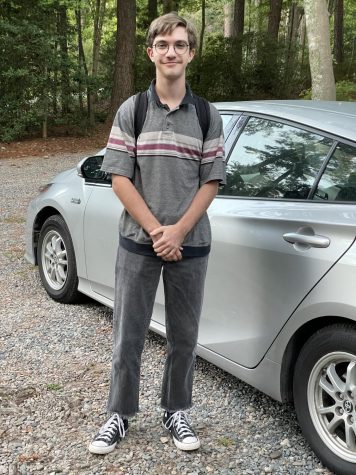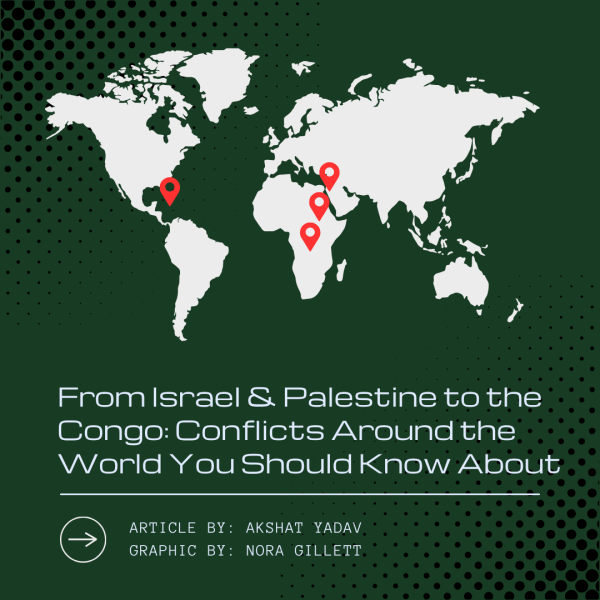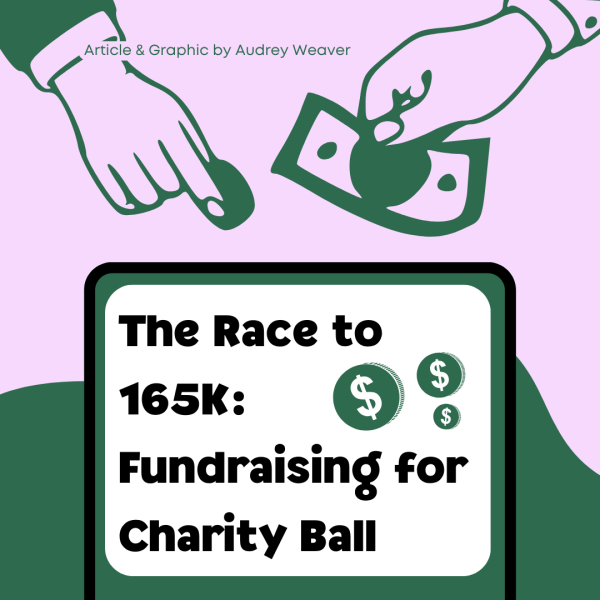Russian Invasion of Ukraine Meets Strong Resistance
As we approach the second week of the Russian invasion of Ukraine, the largest military offensive in Europe since WWII, clashes between Russian and Ukrainian troops, as well as civilian fighters, rage on throughout the country. Shelling and airstrikes wreak havoc on military and civilian targets alike, which has resulted in over 240 civilian casualties as of Saturday according to the UN; though unconfirmed numbers are likely far more due to limited reporting. This is despite claims by Russian officials that they have not targeted civilian populations. The two countries have agreed to peace talks, though according to Ukrainian President Zelensky, progress is not likely. As of Sunday night, Russian forces have taken control of the Southern Ukrainian city Berdyansk, according to the city’s mayor, but no other major cities have been taken.
The US, NATO, and other allies made it clear they will not send troops to Ukraine, though they did impose a wave of sanctions over the last week. Several of these countries are now sending military aid to Ukraine, including increased aid from the US along with historic weapons deals from Germany and Sweden which haven’t engaged in weapons deals with another country since WWII. In response to these actions from Ukraine’s allies, Russian President Vladimir Putin ordered military command to put nuclear deterrence forces on “high alert”, which has been perceived as a threat to NATO leaders and a return to cold war era nuclear diplomacy.
Russia’s invasion force of roughly 150,000-200,000 troops has been met with stark resistance despite being vastly superior in size. Russia’s $45 Billion in military spending is over 10 times that of Ukraine’s, though Ukraine does benefit from home territory and military aid from the US and other allies. Civilians have also played a crucial role in the resistance. Along with drafting from the large number of reserve forces, which have grown massively since Russia’s annexation of Crimea in 2014, civilians have also been called upon by President Zelensky to take up arms in whatever way they can. Residents of Kyiv have reportedly been instructed to use Molotov cocktails against invaders.
Stories of bravery and heroism have helped give hope to Ukrainians in the time of war. One of these is the story of a mystery pilot known as the ‘Ghost of Kyiv’ who shot down 6 Russian planes in the first 3 days of the invasion. While many remain skeptical of the existence of the Ukrainian ace, Zelensky and other Ukrainian officials have stated that the pilot is real and still flying. While at least 200,000 have fled the country to escape the fighting, nearly 22,000 people have actually crossed into Ukraine through the Polish border, possibly to aid in the resistance effort or to help others evacuate. Zelensky posted a self-recorded video to Twitter on Saturday assuring viewers that he was still in Kyiv and rejecting claims that he had ordered troops to surrender. He also supposedly said in response to an evacuation offer from US officials that he wanted ammunition, “not a ride.”
Officials from NATO countries have claimed that Russia is experiencing greater casualties and harsher resistance than Putin expected. As of Sunday, they had lost around 4,300 troops and 150 tanks according to Ukraine’s defense ministry, though these numbers are also unverified. Anti-war protests have broken out in cities across Russia with thousands of arrests of citizens demanding an end to the invasion.
Protests have also been held in cities around the world, with the hope of sending a message to Putin that the international community will not tolerate an unjust war of aggression. One attendee of Raleigh’s protest was Anya Shutt, a sophomore at Enloe whose mother is an immigrant from Ukraine. “We hope they will show that we all support Ukraine and their right [to] a democracy, and a right to rule themselves,” she said when asked about the protests. She added that, “My own aunt spent yesterday in a bomb shelter because she works at a hospital as a maternity nurse, and they were moving the newborn babies to the bomb shelter downstairs as missiles were overhead.”
When asked what she would like to say on behalf of her Ukrainian friends and family she replied, “World support is crucial, is critical right now. Ukraine cannot fight this on their own despite their courage — the support needs to come quickly while Ukraine still exists.”
Your donation will support the student journalists of Enloe Magnet High School, allowing us to cover our annual website costs. We are extremely grateful for any contribution, big or small!

(He/him)
This is Owen! He's an aspiring musician, an amateur skater, a middle child, a JBrekkie enjoyer, and a staff writer for the Eagle's Eye. Owen...

















